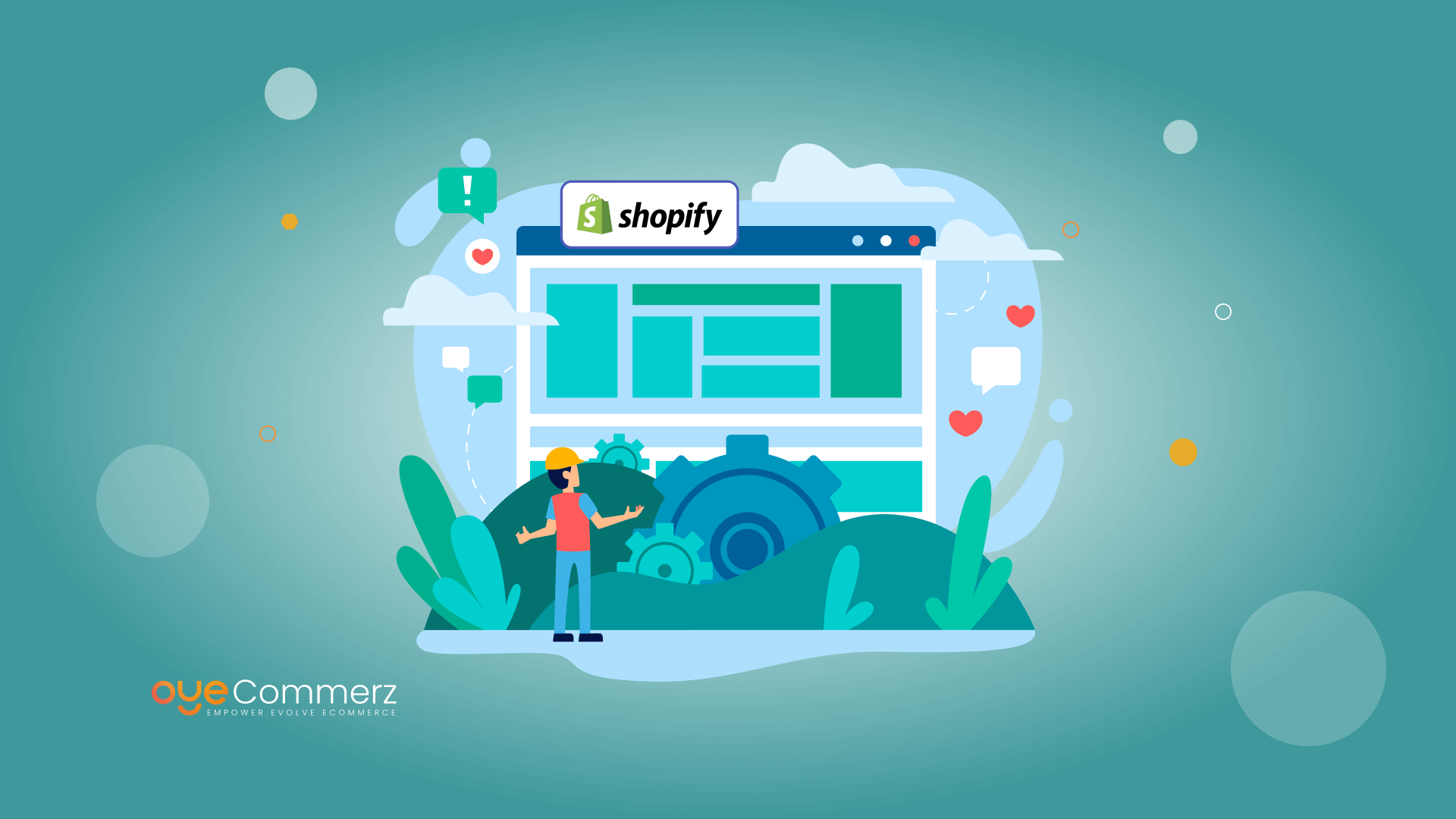Introduction
In the current cutthroat e-commerce landscape, differentiating is paramount, and a top method to set apart a Shopify store is through tailored app creation. A robust Shopify app can boost store capabilities, simplify processes, and boost customer interaction. This guide explores essential elements of Shopify app development, covering API integration and app ecosystem to growth techniques and promotion methods, providing a roadmap for businesses looking for superior store performance.
The Importance of Shopify API Integration
Shopify’s API offers robust tools to personalize and expand store functionalities. With the GraphQL and REST API options, developers can access data to build applications that handle inventory control, order processing, and customer data management smoothly. Using Shopify’s API can lead to better workflow automation and enables stores to assist shoppers more efficiently.
Adopting the Polaris Design System
Polaris is Shopify's set of design guidelines for creating intuitive and accessible Shopify apps. By adhering to Polaris principles, developers guarantee that apps integrate smoothly within the Shopify Admin experience. This ensures a cohesive appearance that appeals to Shopify merchants, encouraging usability and comfort for merchants utilizing your tailored app.
Navigating the Shopify App Ecosystem
The Shopify app ecosystem provides numerous opportunities for enhancing e-commerce sites. From handling order fulfillment to boosting customer interaction, apps in this ecosystem are designed to meet various business requirements. Learning about this system helps developers in identifying unique app ideas and allows for seamless integration of external tools that add value to the store.
Building Embedded Shopify Apps
Embedded apps work seamlessly within the Shopify Admin, providing a Boost Shopify functionality smooth interface for merchants. They ensure that merchants don’t have to leave their Shopify control panel, streamlining their workflow. Using Shopify App Bridge and embedded app capabilities is a best practice for providing a unified, integrated user environment.
Using Node.js and React for Shopify Apps
Node.js and React have emerged as ideal tools for Shopify app creation. Node.js enables efficient back-end services, while React allows for interactive and adaptive front-end user interfaces. Together, they provide an strong framework for building fast, growth-ready Shopify apps that enhance store performance and customer interaction.
Utilizing Webhooks in Shopify Development
Webhooks enable instant data synchronization between Shopify and an outside application. They trigger events such as order creation or stock changes and provide immediate alerts to your app. By utilizing webhooks, apps can provide up-to-date insights for store owners, simplifying processes and boosting efficiency.
Customer Engagement and Digital Marketing for Shopify Apps
To ensure Shopify app success, engaging customers is key. Utilizing online marketing techniques like SEO, email marketing, and social outreach can increase app usage. Additionally, creating applications with customer engagement in mind (e.g., loyalty programs or personalized recommendations) increases user retention and loyalty.
Scaling Your Shopify App
As e-commerce businesses grow, so do their technological needs. Ensuring that your app can scale to handle increased traffic, larger data sets, and more advanced functionalities is critical. By optimizing server resources and using scalable technologies, you can develop apps that expand in tandem with a store’s growth.
Important Features and Maintenance Tips for Shopify Apps
For an app to be effective, it should include essential features like user authentication, dashboard analytics, and customer support options. Ongoing app upkeep, with updates to fix bugs and ensuring compatibility with new Shopify features, is vital to maintain uninterrupted performance and avoid interruptions to merchant workflows.
Summary
Custom Shopify app development offers immense opportunities for e-commerce businesses, offering the ability to improve store functionality, simplify operations, and build The future of Shopify apps customer relationships. From integrating APIs to ensuring scalability and customer engagement, creating a Shopify app involves thoughtful preparation and well-planned actions. If you’re ready to elevate your e-commerce experience, a tailored Shopify application may be the ideal solution. What features do you envision for your ideal app? Share your thoughts and take the first step toward an enhanced e-commerce experience!
